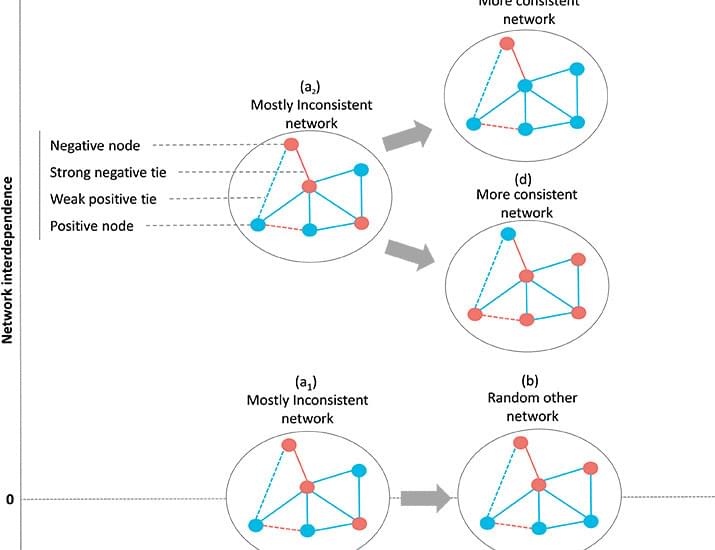Robert Long is a research fellow at the Future of Humanity Institute. His work is at the intersection of the philosophy of AI Safety and consciousness of AI. We talk about the recent LaMDA controversy, Ilya Sutskever’s slightly conscious tweet, the metaphysics and philosophy of consciousness, artificial sentience, and how a future filled with digital minds could get really weird.
Audio & transcript: https://theinsideview.ai/roblong.
Michaël: https://twitter.com/MichaelTrazzi.
Robert: https://twitter.com/rgblong.
Robert’s blog: https://experiencemachines.substack.com.
OUTLINE
00:00:00 Intro.
00:01:11 The LaMDA Controversy.
00:07:06 Defining AGI And Consciousness.
00:10:30 The Slightly Conscious Tweet.
00:13:16 Could Large Language Models Become Conscious?
00:18:03 Blake Lemoine Does Not Negotiate With Terrorists.
00:25:58 Could We Actually Test Artificial Consciousness?
00:29:33 From Metaphysics To Illusionism.
00:35:30 How We Could Decide On The Moral Patienthood Of Language Models.
00:42:00 Predictive Processing, Global Workspace Theories and Integrated Information Theory.
00:49:46 Have You Tried DMT?
00:51:13 Is Valence Just The Reward in Reinforcement Learning?
00:54:26 Are Pain And Pleasure Symetrical?
01:04:25 From Charismatic AI Systems to Artificial Sentience.
01:15:07 Sharing The World With Digital Minds.
01:24:33 Why AI Alignment Is More Pressing Than Artificial Sentience.
01:39:48 Why Moral Personhood Could Require Memory.
01:42:41 Last thoughts And Further Readings.






